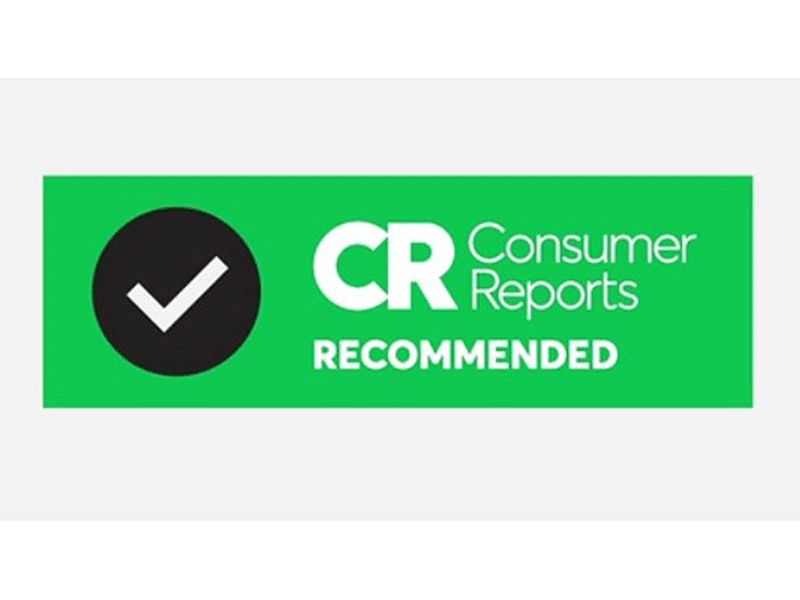
Consumer Reports said it is launching a program to add a “CR Recommended” label to vehicles and other consumer products that meet its safety, performance and reliability criteria.
The consumer research nonprofit organization — often considered a key influencer in many auto purchasing decisions — said one of the main goals is to break through a flood of fake product reviews that circulate online and confuse customers.
“Misinformation permeates the marketplace,” CEO Marta Tellado said in a statement. “Far too often, science is misrepresented as science fiction, data is distorted, and reviews are rigged.”
A car, appliance, food item or other product achieves “recommended” status when it passes tests and meets other criteria. The rating goes on Consumer Reports’ website. Manufacturers can then display the “CR Recommended” label on their websites, on product packaging or in stores.
The organization says it tests more than 2,000 products annually.
Subaru and Audi are two automakers participating in the program, according to YGS Group, Consumer Reports’ licensing partner. The digital label is live on the website for the 2021 Subaru Outback and on Subaru’s social media. Audi plans to soon add the label to its website for one of its recommended models.
A Consumer Reports spokeswoman confirmed more than a dozen brands are participating across a number of categories — including household products, automobiles and car seats — in the early phase of the program.
The organization says it will monitor for misuse of the label and will revoke a recommendation if a product turns out to be unsafe or underperforms.
Consumer Reports has been thinking about launching a guidance program for several years, said COO Leonora Wiener.
“We have been exploring how CR could provide consumers with the trusted guidance they need when and where they’re shopping,” Wiener said. “With the proliferation of fake reviews, product scams, and paid endorsements, now more than ever consumers deserve access to objective, evidence-based information when deciding what to purchase.”

